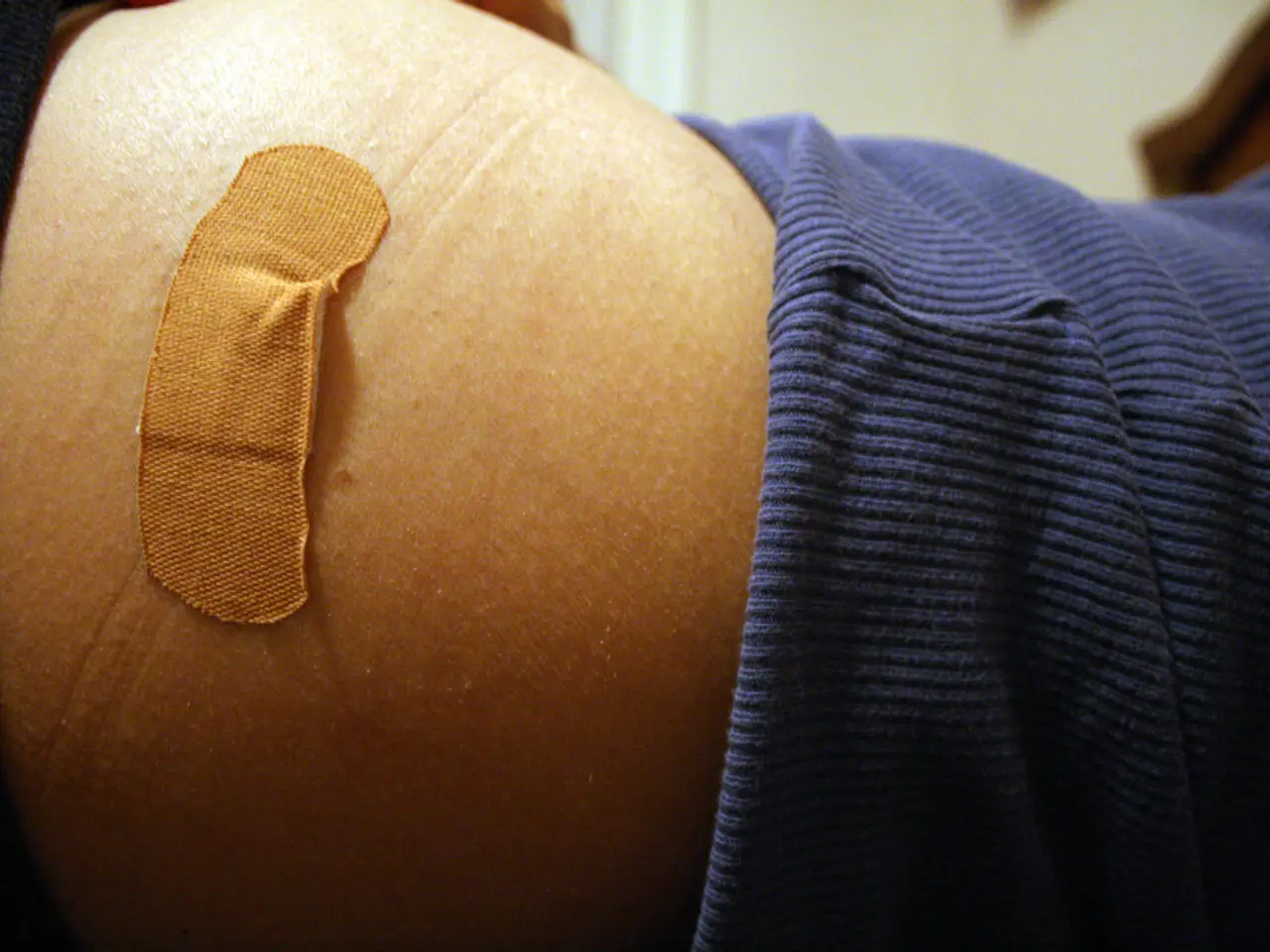Domestic Wound Cleaning Methods and Determining When Professional Help is Necessary
Wounds can range from minor scrapes and cuts to more serious injuries that may require medical attention. Here is a guide for home wound care and guidance on when to seek medical help, as advised by Certified Nurse Practitioner Evan Minior, CNP.
Home Wound Care Steps:
- Clean the Wound: Gently rinse the wound with clean water to remove dirt and debris. Avoid using harsh antiseptics that can damage tissue.
- Stop the Bleeding: Apply gentle pressure with a clean cloth or sterile gauze until bleeding stops.
- Apply an Antibiotic Ointment: To prevent infection, apply a thin layer of an over-the-counter antibiotic ointment if recommended.
- Cover the Wound: Use a sterile bandage or dressing to protect the wound from bacteria and further injury.
- Change Dressings Regularly: Change the dressing daily or whenever it becomes wet or dirty to promote healing.
- Monitor for Infection: Watch for signs such as increased redness, swelling, warmth, pain, or pus.
- Keep the Wound Dry: Except when cleaning, keep the wound dry to aid healing.
When to Seek Medical Help:
- If the wound is deep, large, or the edges are gaping and may require stitches.
- If bleeding does not stop after applying pressure for 10-15 minutes.
- Signs of infection develop, such as redness spreading, increasing pain, swelling, warmth, pus, or fever.
- If the wound was caused by a bite, rusty or dirty object, or contaminated material.
- If tetanus vaccination status is unknown or outdated.
- If there are any signs of numbness, loss of movement near the wound, or if foreign objects remain in the wound.
In case of a burn, more immediate care and different levels of treatment may be required. Particularly deep wounds may require stitches or surgical treatment. Seek emergency care if the wound exposes bone, organs, or blood vessels. If unsure about the wound's seriousness, it's best to see a healthcare provider.
When dealing with a wound, wash hands thoroughly before touching. It's crucial to maintain cleanliness to prevent the spread of bacteria and promote healing.
In some cases, injuries such as puncture wounds of any kind, wounds caused by an animal or human bite, or wounds on the face or genitals should seek emergency care. Continue applying pressure if bleeding persists while seeking medical attention.
Following these steps helps ensure safe and effective wound care at home, with prompt medical evaluation when necessary.
"Science plays a significant role in understanding the best methods for home wound care, as suggested by the use of antibiotic ointments to prevent infection. Maintaining good health-and-wellness also involves taking care of the environment by following hygiene practices such as washing hands before touching a wound, to prevent the spread of bacteria."
"Opinions on when to seek professional help for a wound may vary, but it's generally accepted that urgent medical attention is required in cases of deep or large wounds, ongoing bleeding, signs of infection, wounds from contaminated sources, and those situated on the face or genitals."




